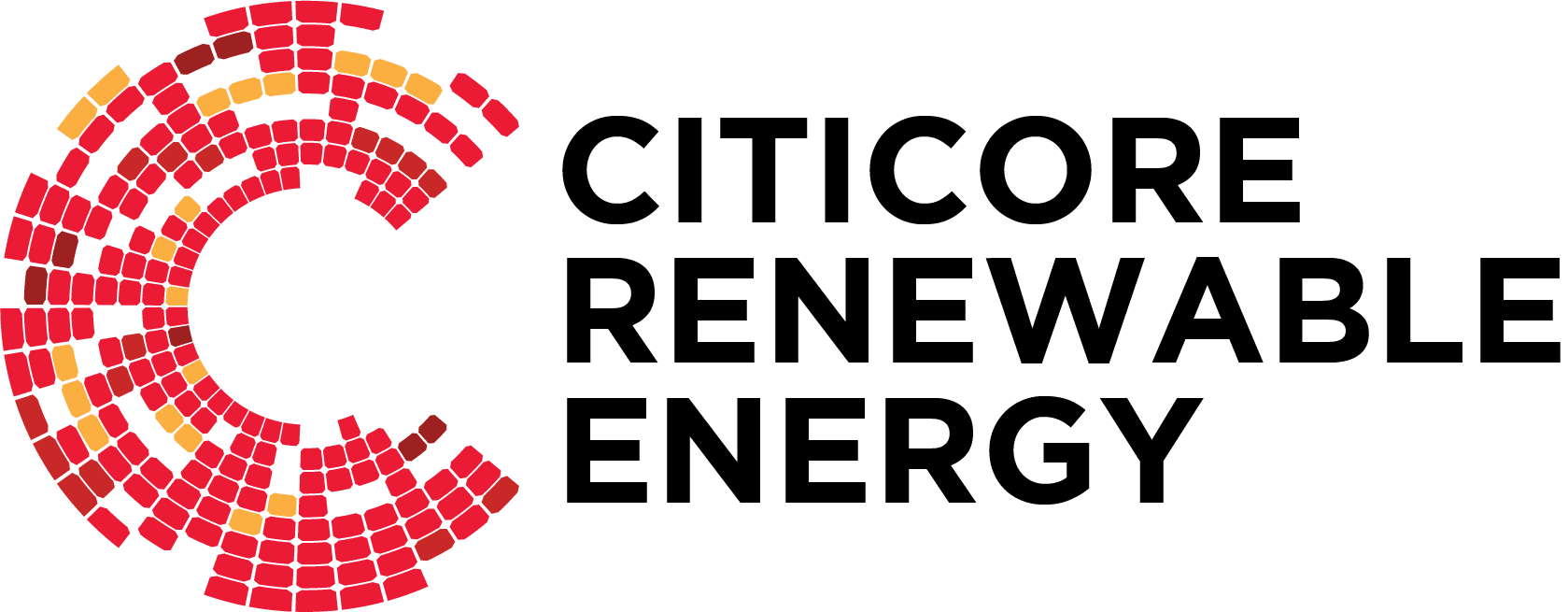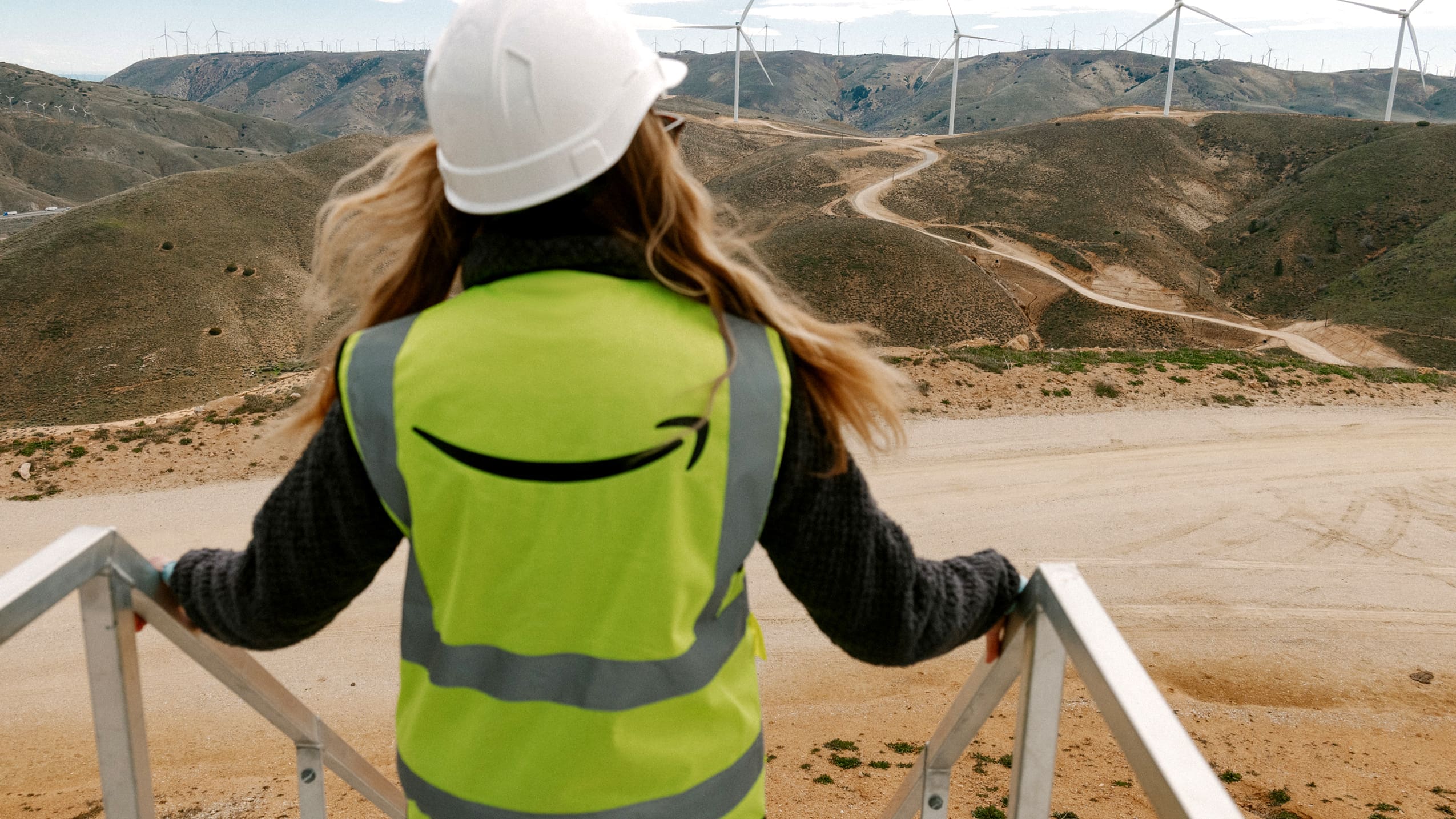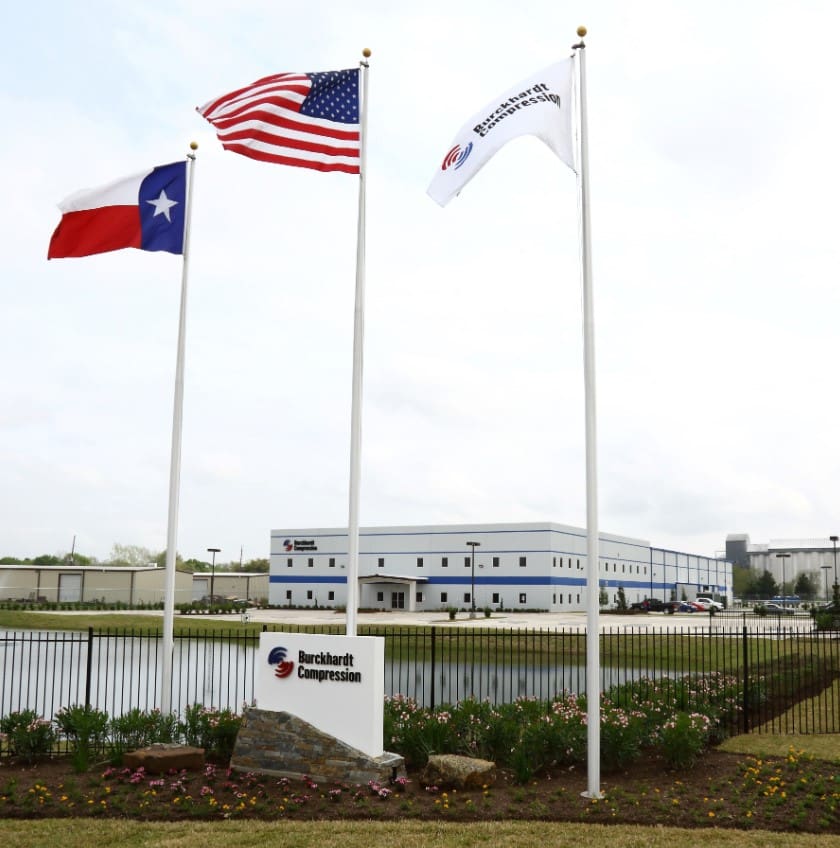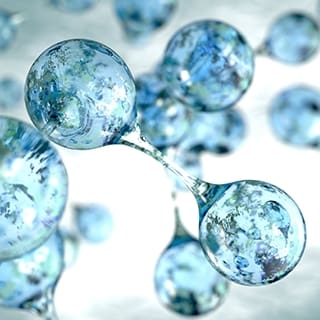Par Pacific Holdings Inc. (Par Pacific) announced plans to invest approximately US$90 million to develop Hawaii’s largest liquid renewable fuels manufacturing facility at its Kapolei refinery. The project relies on the Kapolei refinery’s operating team, existing tank storage and related logistics, as well as available hydrogen from current refining operations, a key requirement for low-carbon renewable fuels production. As a result, this project is expected to be completed for less than US$1.50 per gallon of annual operating capacity and is expected to be commissioned in 2025. Par Pacific said the unit can produce up to 60% sustainable aviation fuel (SAF) in a first step toward decarbonizing Hawaii’s significant air travel market. “This project represents a key milestone in our renewable fuels strategy, which supplements our conventional fuels production in Hawaii,” said William Pate, Par Pacific’s chief executive officer. “The expansion ensures that Par Hawaii, with its high-paying local manufacturing jobs, will be the leading supplier of liquid fuels to the Hawaii economy now and in the future.”
In total, the renewable fuel facility is expected to produce approximately 61 million gallons (230.9 liters) per year of renewable diesel, SAF, renewable naphtha, and liquefied petroleum gases (LPGs). If market conditions are supportive, yield can be shifted to more than 90% renewable diesel. These renewable fuels lower greenhouse gas emissions while providing reliable electricity and transportation fuels to Hawaii consumers. “Given this project’s feedstock requirements, the state is well positioned to drive an additional major economic benefit by creating a market for locally grown oil seed crops,” said Eric Wright, president of Par Hawaii, Par Pacific’s local subsidiary. “The creative redevelopment of a portion of our refining system is an excellent example of our team’s technical strength to deliver renewable fuel solutions that supplement our existing operations.”
The announcement coincides with Par Pacific’s authorization from the US Foreign-Trade Zone Board to use foreign-sourced vegetable oil to supplement locally sourced renewable feedstocks. Par Hawaii is working with Hawaii-based Pono Pacific in the planting of camelina crops to test the suitability of that oil seed for state production. Par Pacific said it is committed to supporting the state agricultural sector in the development of oil seed crops to work toward decarbonization of the local economy.
In 2022, Par Pacific and Hawaiian Airlines, the largest air carrier in the state, announced a joint feasibility study to explore ways to make SAF commercially viable. Par Pacific also is assessing development opportunities at the former Chevron refinery location in Kapolei, near its current operations, including projects that would further support the state’s efforts to decarbonize its electrical grid.

















